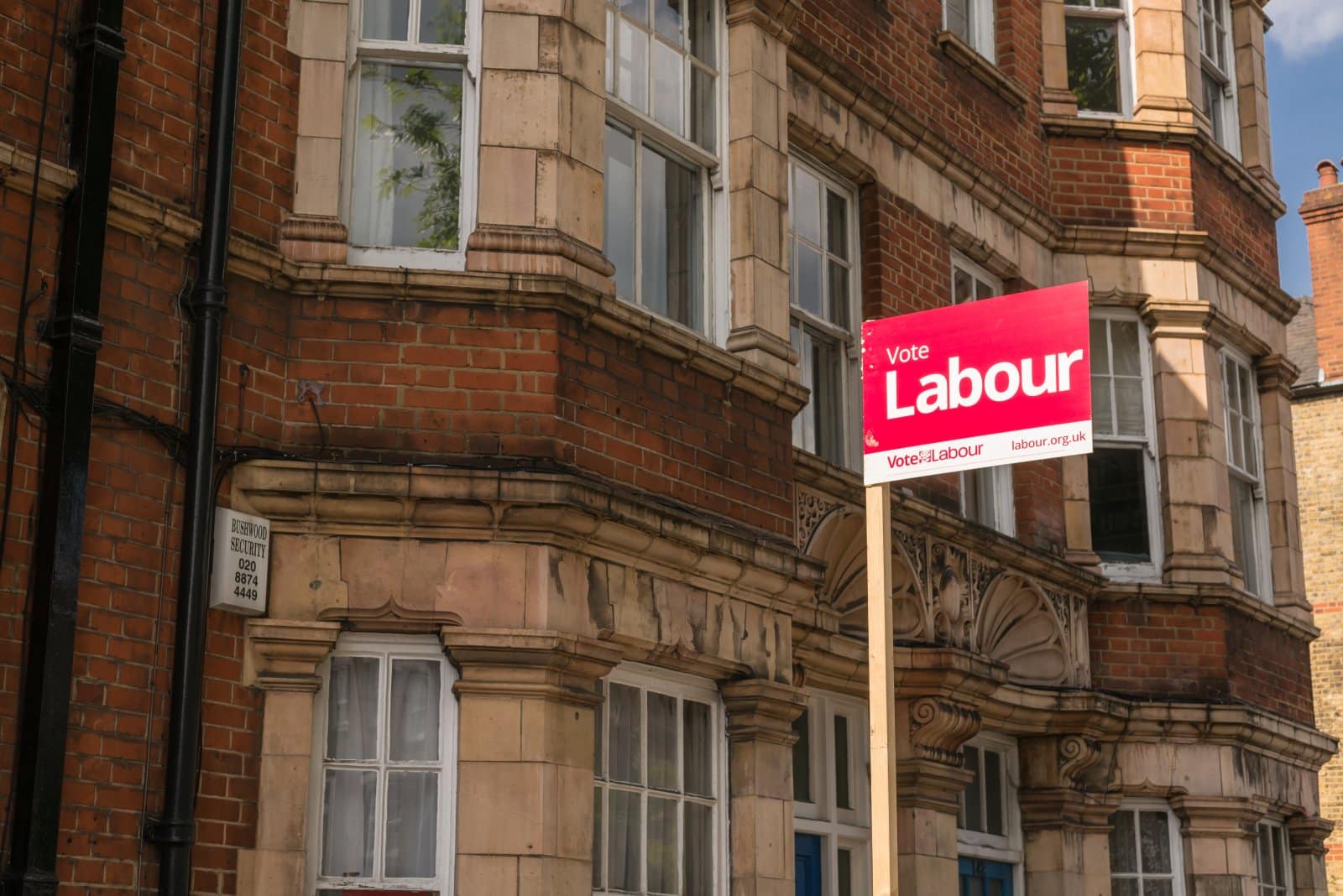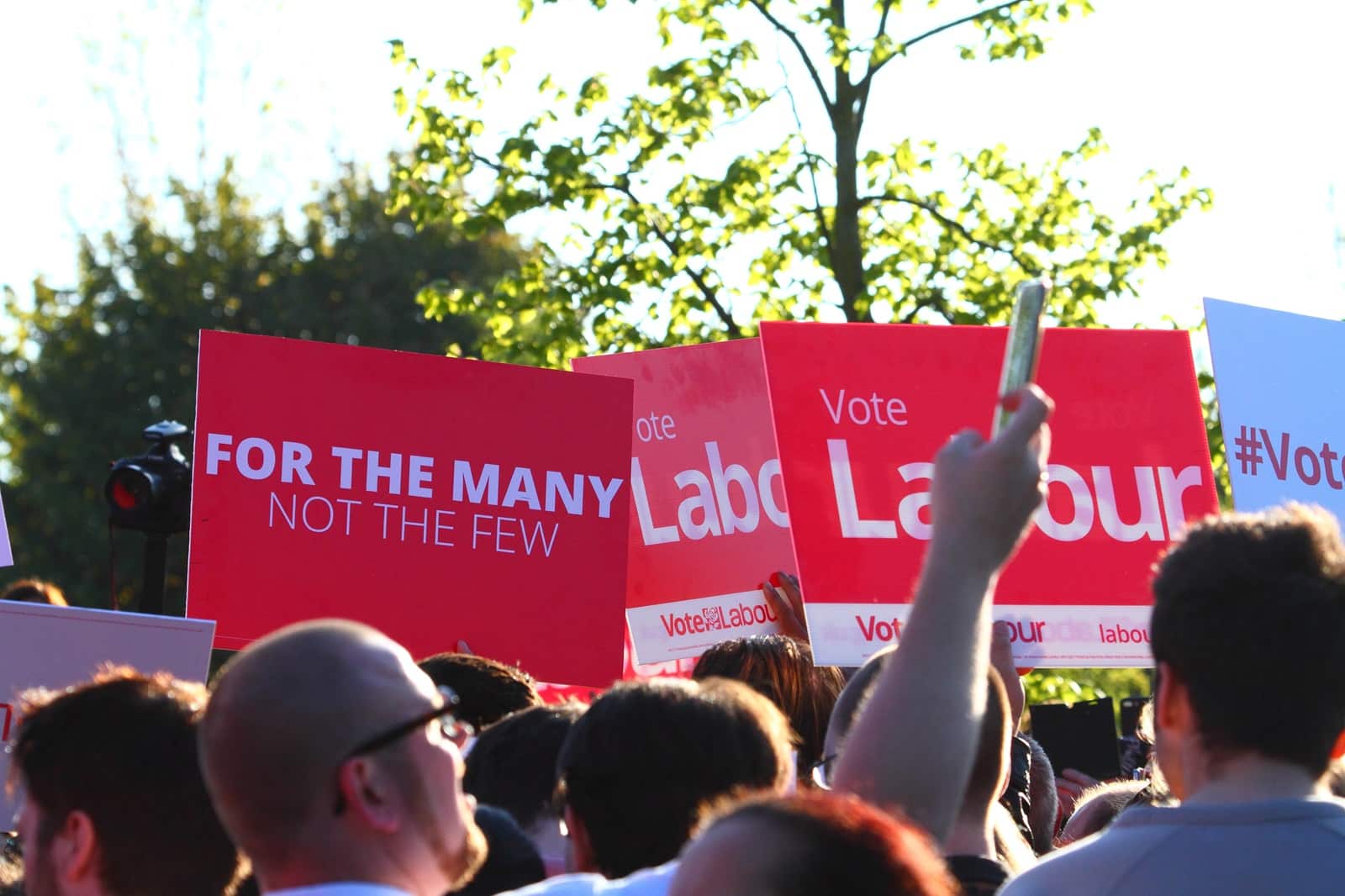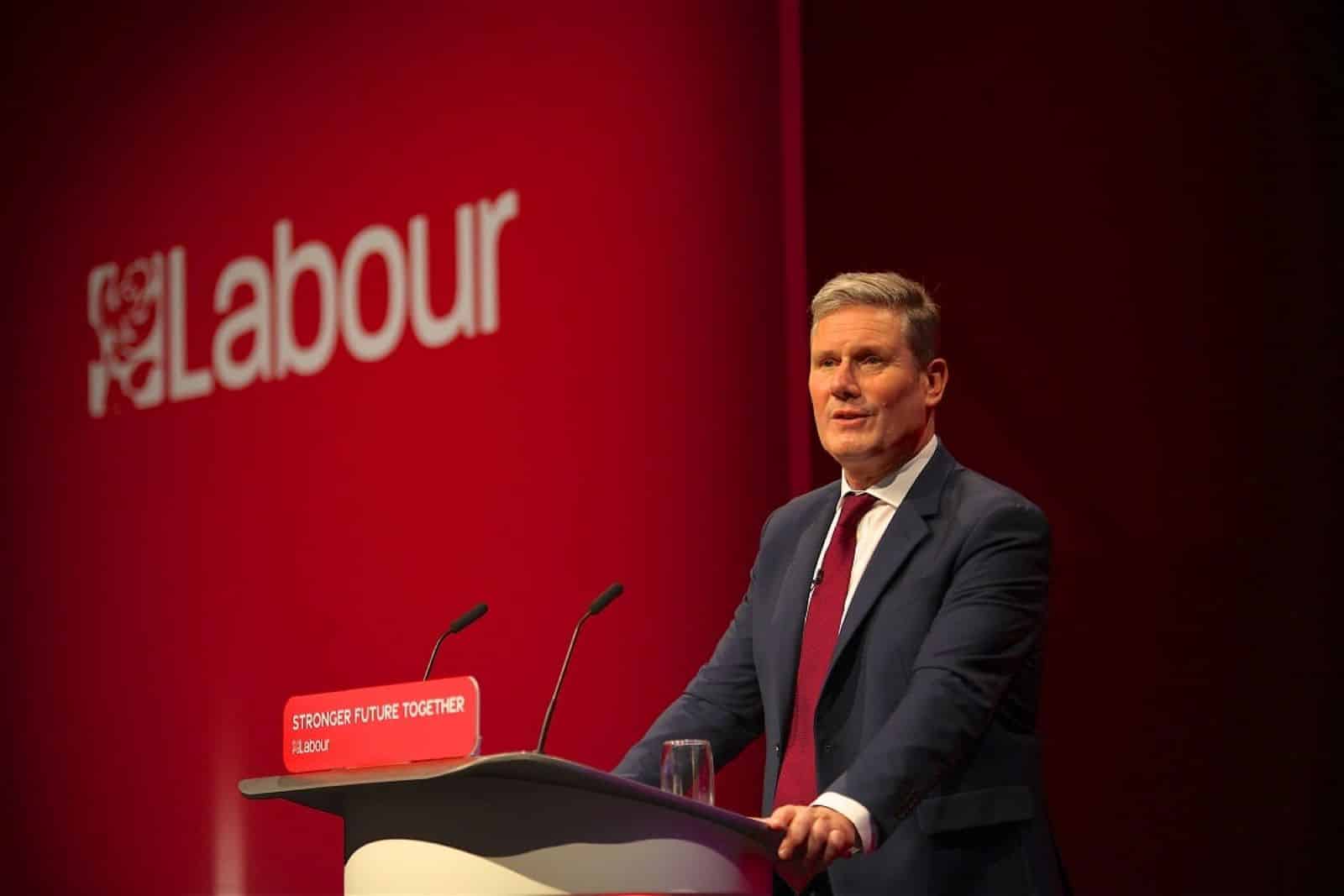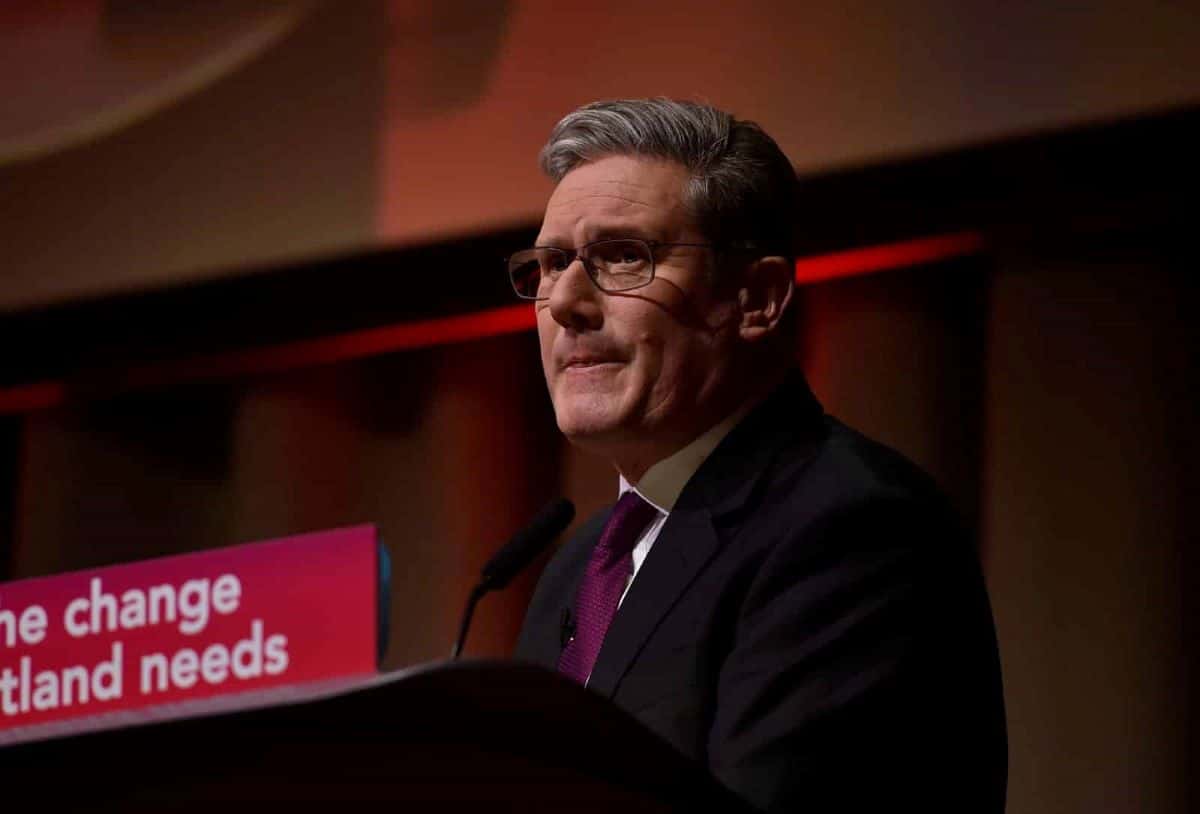As political seasons unfold, Keir Starmer has had his share of awkward moments that sometimes leave him less than wholly comfortable in his role. Here are some standout instances:
1. Misjudged Speech Delivery

Starmer’s speeches often lack the fervor expected of a political leader, coming across as dutiful yet dull, which doesn’t quite inspire the electorate looking for dynamic leadership.
2. Awkward Public Interactions

An awkward refusal to shake hands with newly elected Mayor Richard Parker was caught on camera, making Starmer seem distant and socially awkward rather than a warm and welcoming leader.
3. Factional Fallout Within Labour

Starmer’s handling of internal party dynamics, particularly with the left wing of his party, often makes his leadership seem precarious and contested, which doesn’t project an image of unity or strength.
4. The Anti-Boycott Bill Rebellion

Starmer’s management of the Labour response to the anti-boycott bill led to significant internal party dissent, showcasing his struggles to marshal party-wide support on contentious issues.
5. Cultural Missteps

Starmer’s engagement in culture wars, particularly his comments on organizations like the RNLI and the National Trust, occasionally backfires, portraying him as potentially out of touch with the sentiments of traditional Labour voters.
6. Uncertain Economic Policies

Starmer’s backtracking on significant economic pledges, such as the promise of massive green state spending, illustrates a pattern of indecision and cautiousness that might not sit well with voters looking for bold solutions.
7. International Policy Wavering

His tentative approach to international relations, particularly reflected in his reactions to US politics, shows a lack of decisive leadership that could be critical in defining Britain’s global stance.
8. Lack of Charisma in Debates

In debates, Starmer often seems overshadowed by more charismatic opponents, struggling to make his mark in a format that rewards quick thinking and punchy retorts.
9. Policy Reversals

Starmer’s frequent policy shifts and U-turns contribute to a perception of his leadership as unreliable and unsteady.
10. Misaligned Party Vision

Attempts to reposition Labour closer to the centre have led to clashes with more traditionally left-wing party members, making Starmer appear at odds with his party’s base.
11. Overcautious Public Persona

His overly cautious public persona sometimes results in missed opportunities to connect with voters on a human level, leaving interactions feeling staged or insincere.
12. Handling of Party Disputes

Starmer’s management of disputes within the Labour Party often highlights his difficulties in bridging the ideological divides, undermining his effectiveness as a leader.
13. Election Campaign Mismanagement

Mishandling of election campaign strategies, often playing it too safe, has not resonated well with those seeking assertive and visionary leadership. The debates are an example of where he could have been more powerful.
14. Limited Appeal to Younger Voters

His moderate stance and lack of progressive policy initiatives have limited his appeal among younger voters, who are often looking for more radical and transformative policies.
15. Inconsistent Messaging

Frequent inconsistencies in messaging, particularly on key issues like healthcare and economic reform, have made it challenging for voters to understand what Starmer truly stands for.
Not Quite Making a Splash

Keir Starmer’s leadership of the Labour Party has certainly been a mixed bag of successes and awkward missteps. As he navigates these choppy political waters, one wonders if he will find his stride or continue to look like a duck out of water.
The post Awkward Leadership: Keir Starmer’s Most Uncomfortable Moments first appeared on Now Buzz.
Featured Image Credit: Shutterstock / SportPix.
For transparency, this content was partly developed with AI assistance and carefully curated by an experienced editor to be informative and ensure accuracy.

